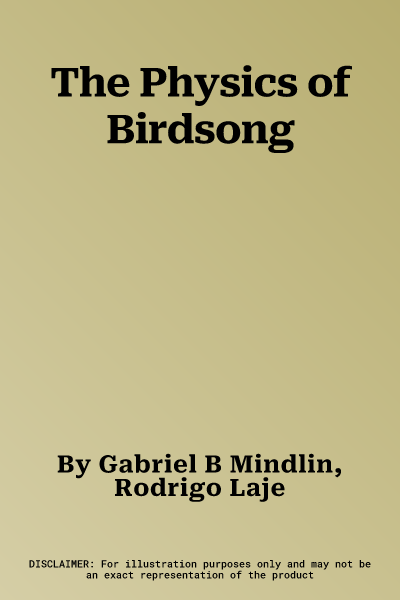Gabriel B Mindlin
(Author)The Physics of BirdsongPaperback, 21 October 2010

Qty
1
Turbo
Ships in 2 - 3 days
In Stock
Free Delivery
Cash on Delivery
15 Days
Free Returns
Secure Checkout
Part of Series
Biological and Medical Physics, Biomedical Engineering
Print Length
158 pages
Language
English
Publisher
Springer
Date Published
21 Oct 2010
ISBN-10
3642064809
ISBN-13
9783642064807
Description
Product Details
Authors:
Book Format:
Paperback
Country of Origin:
NL
Date Published:
21 October 2010
Dimensions:
23.39 x
15.6 x
0.91 cm
ISBN-10:
3642064809
ISBN-13:
9783642064807
Language:
English
Location:
Berlin, Heidelberg
Pages:
158
Publisher:
Weight:
244.94 gm

